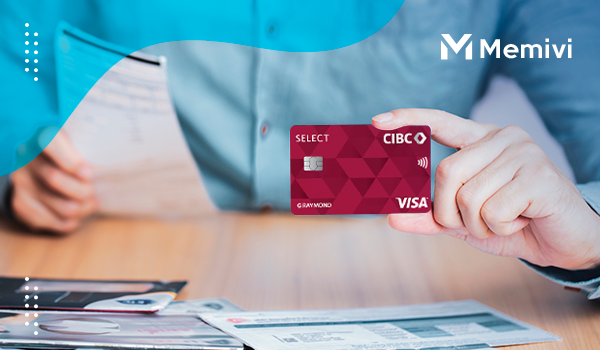
The CIBC Select Visa gives us a clean blueprint: low transfer fee, interest-free period, and no annual fee (year 1). This framework, when translated to UK-based products, opens serious savings potential—but only if used strategically.
Here’s a complete guide to help UK users extract maximum value from this type of credit card.
Step-by-Step Strategy to Maximize Your Transfer
- Choose a Card with the Right Balance
Don’t go for the longest 0% period blindly. Many cards with 24-month promotions have 3–4% fees. You might save more using a shorter-term card with a 1–2% fee, especially if you can repay quickly.
- Calculate the Total Cost of Transfer
Example:
- £3,000 transferred
- 3% fee = £90
- 1% fee = £30
A £60 difference in fees is equal to two full monthly payments for many users.
- Avoid Spending on the Card
Most cards don’t offer 0% interest on purchases, only on transfers. Mixing spending will lead to interest charges unless repaid in full.
- Set Monthly Auto-Payments
With interest-free periods, it’s easy to procrastinate. Split your debt over the promo period:
- £3,000 / 10 months = £300/month
Set a direct debit to avoid penalties.
- Track the Expiry Date Meticulously
Many users lose the benefit by going 1 month over the promo term. Note the exact expiry date—not just the number of months.
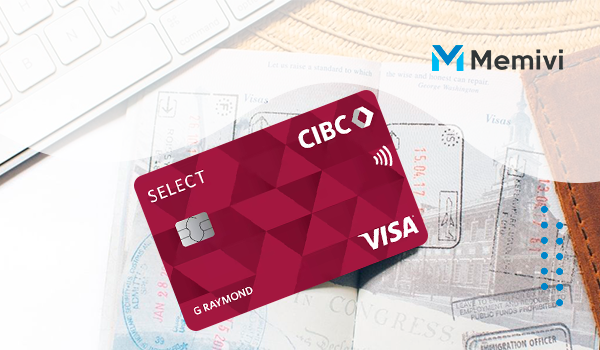
10 FAQS About Balance Transfer Cards UK Users Rarely Ask (But Should)
- Can I transfer balances between cards from the same bank?
No. Banks don’t allow internal transfers (e.g., Barclaycard to Barclaycard).
- What happens if I pay late during the 0% period?
You’ll likely lose the 0% rate immediately, and interest will kick in retroactively in some cases.
- Can I get multiple 0% transfer cards?
Yes, but approval gets harder after each application. Space them 3–6 months apart.
- What if I don’t clear the balance by the end of the promo?
Interest rates jump—often above 21.9% APR. You may consider switching again, but multiple switches can hurt your credit score.
- Does it affect my credit score?
Yes, but positively—if used correctly. High utilization and missed payments hurt more than the application itself.
- Can I transfer a personal loan balance?
Some cards allow it, but only via a money transfer credit card (like MBNA Money Transfer Card).
- Can I transfer someone else’s debt to my card?
Occasionally. Some UK cards allow this for spouses or partners, but you assume full legal responsibility.
- Are there balance transfer cards for poor credit?
Yes. They typically have shorter 0% periods or higher fees, but some like Aqua Advance or Capital One Classic cater to low-score users.
- Do I need to pay the full transfer amount upfront?
No. The transfer fee is added to the balance.
- Will I earn rewards or cashback on balance transfers?
No. These transactions are separate from standard spend categories.
Expert Hacks to Optimize Your Balance Transfer Card
- Use a short-term 0% card to clear a recent unexpected expense (like car repair)
- Stack cards: Transfer from Card A → Card B → Card C (only for disciplined users)
- Pair with a 0% purchase card: Use one card for spending, one for balance consolidation
- Don’t close old cards immediately: They help your credit utilization ratio
- Set a calendar reminder 30 days before the promo ends to apply for a new deal
UK-Based Alternatives to the CIBC Select Visa
Though CIBC isn’t a UK issuer, here are real options with similar benefits:
| Card | Balance Transfer Offer | Fee | Annual Fee | Ideal For |
| Barclaycard Platinum BT | 0% for 24 months | 2.9% | £0 | Long-term debt planners |
| MBNA 0% Transfer | 0% for 18 months | 3.0% | £0 | Mid-term balance moves |
| Santander Everyday BT | 0% for 21 months | 2.5% | £0 | Moderate credit users |
| Tesco Bank Balance Transfer | 0% for 22 months | 3.49% | £0 | Clubcard earners |
| Virgin Money Balance BT | 0% for 12 months | 0% fee | £0 | Fee-averse short-term users |
Tip: Check your eligibility with a soft search tool before applying to protect your credit score.
How to Maximize Value — A Practical Walkthrough
Example Scenario:
Charlotte has £2,800 in outstanding credit card debt at 19.9% APR. She gets the Virgin Money 0% for 12 months card with 0% fee.
- Total Interest Saved Over 12 Months: ~£420
- No transfer fee paid
- Monthly repayments: £233 to clear in full
Now compare that to paying £90+ on a 3% fee card. Timing + matching the card to the debt type = savings.
Common Mistakes That Kill Your Savings
- Applying for too many cards at once
- Choosing a long 0% period with high fee for a short-term debt
- Missing payments or not reading T&Cs (many have a clause where any missed payment voids the 0% offer)
- Spending on the card and forgetting it’s not covered by 0%
CIBC Select Visa as a Template for Smarter UK Decisions
The CIBC Select Visa, while not available in the UK, sets a standard UK issuers could follow: lower entry barriers, short but realistic 0% periods, and minimal fees. It proves that cards don’t need to advertise “36 months interest-free” to be powerful—they just need to deliver clear value with few strings.
UK users can mirror the CIBC approach by choosing local cards that:
- Have shorter but cheaper terms
- Require lower income or flexible eligibility
- Provide a no-annual-fee model with fewer gimmicks
Key Takeaways
- The CIBC Select Visa is a great benchmark—even if you’re in the UK
- Balance transfer strategy is about total cost, not duration
- Always use soft search tools before applying
- Avoid the 3 biggest mistakes: mixing spending, paying late, and chasing long promos with high fees
- Pair your card with budget automation and expiry tracking


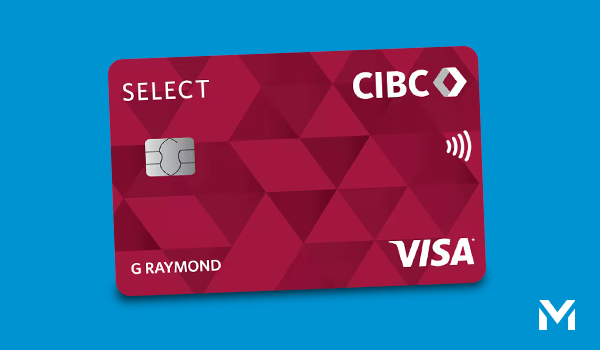
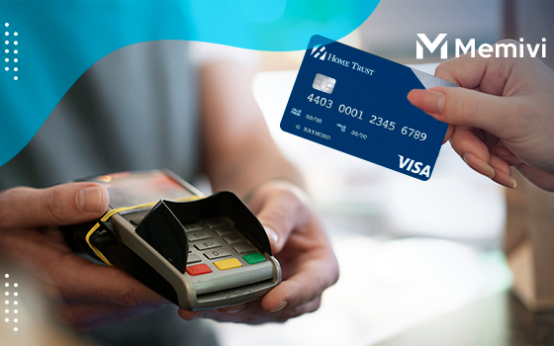 Advanced Guide: How to Maximize the Home Trust Preferred Visa in 2025 <p class='sec-title' style='line-height: normal; font-weight: normal;font-size: 16px !important; text-align: left;margin-top: 8px;margin-bottom: 0px !important;'> No-Fee Cash Back Card with Zero Foreign Transaction Charges </p>
Advanced Guide: How to Maximize the Home Trust Preferred Visa in 2025 <p class='sec-title' style='line-height: normal; font-weight: normal;font-size: 16px !important; text-align: left;margin-top: 8px;margin-bottom: 0px !important;'> No-Fee Cash Back Card with Zero Foreign Transaction Charges </p> 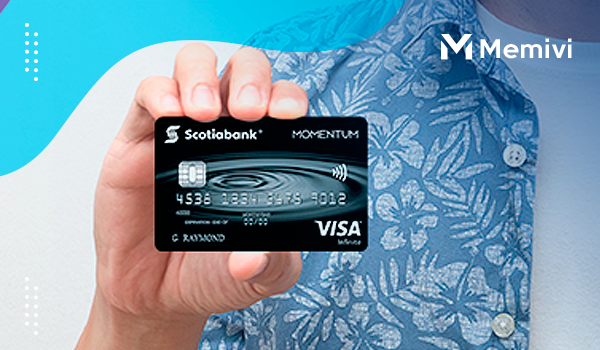 Scotia Momentum Visa Infinite Card Review <p class='sec-title' style='line-height: normal; font-weight: normal;font-size: 16px !important; text-align: left;margin-top: 8px;margin-bottom: 0px !important;'> Get ready to supercharge your savings with the Scotia Momentum Visa Infinite Card, a top-tier cash back powerhouse designed for savvy Canadians. </p>
Scotia Momentum Visa Infinite Card Review <p class='sec-title' style='line-height: normal; font-weight: normal;font-size: 16px !important; text-align: left;margin-top: 8px;margin-bottom: 0px !important;'> Get ready to supercharge your savings with the Scotia Momentum Visa Infinite Card, a top-tier cash back powerhouse designed for savvy Canadians. </p> 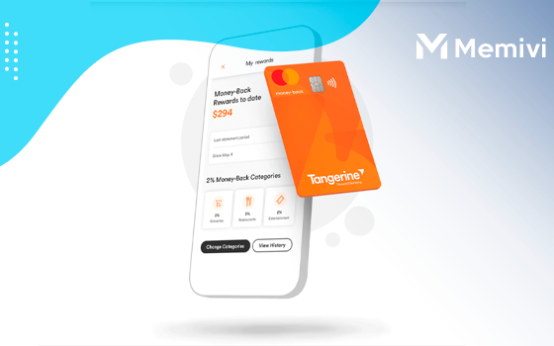 Tangerine Money-Back Credit Card Review <p class='sec-title' style='line-height: normal; font-weight: normal;font-size: 16px !important; text-align: left;margin-top: 8px;margin-bottom: 0px !important;'> The Tangerine Money-Back Credit Card isn't just about earning cash back; it's about earning it your way, on your terms. </p>
Tangerine Money-Back Credit Card Review <p class='sec-title' style='line-height: normal; font-weight: normal;font-size: 16px !important; text-align: left;margin-top: 8px;margin-bottom: 0px !important;'> The Tangerine Money-Back Credit Card isn't just about earning cash back; it's about earning it your way, on your terms. </p>